Integrity as Strategy: Lessons from Vidya Gyan’s Journey
The seed of Vidya Gyan was planted in 2014 with a modest vision—to remain small in scale, strong in impact, and uncompromising in credibility.
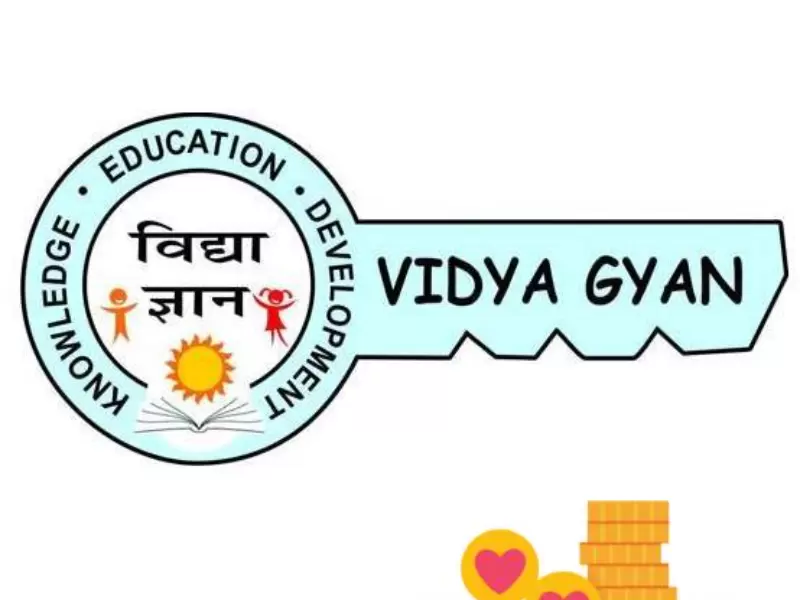 Vidya Gyan / Vidya Gyan
Vidya Gyan / Vidya Gyan
Many NRIs in the United States feel a deep urge to give back to their homeland through education, health, or community development. Yet passion and funding alone are not enough; navigating India’s regulatory terrain demands patience, persistence, and, above all, trust.
The 10-year journey of Vidya Gyan, a modest nonprofit rooted in Minnesota and its sister entity, Vidya Gyan India, in Saharanpur (U.P.), offers valuable lessons for those who dream of building similar bridges. Its story is not one of rapid expansion or headline-grabbing campaigns but steady growth over time. It is about cultivating integrity, relationships, and resilience while staying true to one principle: every child matters.
Seeds, Sisters, and Strategy
The seed of Vidya Gyan was planted in 2014 with a modest vision—to remain small in scale, strong in impact, and uncompromising in credibility. The organization grew with a “two sisters” model:
- Vidya Gyan (U.S.) provides governance, fundraising, and compliance support.
- Vidya Gyan India delivers programs in rural government schools, maintains accounts, and fulfills reporting requirements.
This structure proved strategic. The U.S. arm ensures transparency with donors and regulators, while the India arm builds trust with teachers, schools, and government authorities. One of the NRI co-founders serves on both boards, bridging cultures and systems.
Not every initiative succeeded. Some were paused or discontinued as experience dictated, but adaptability became part of the learning curve. A flagship program, Pencil to Power, has reached thousands of students focused on writing and learning. A complete list of the accomplishments of two sisters is included.
Unlike many NGOs chasing quick visibility, Vidya Gyan chose a slower and steadier path, prioritizing trust over publicity, quality over quantity, and relationships over shortcuts. It resisted opaque alliances and premature scaling, proving seriousness through consistency, transparency, and clean accounting. Over time, its reputation grew naturally.
Negotiating Bureaucracy with Integrity
For well-intentioned NRIs, India’s regulatory environment can be daunting. Forming a U.S. nonprofit is straightforward—state registration, IRS 501(c)(3) status, and annual reporting. In India, however, NGOs must secure multiple approvals, such as 12A and 80G tax exemptions, conduct audits, and establish trust with officials and local communities.
Vidya Gyan learned early that credibility is built through dialogue and documentation, not shortcuts. Income-tax exemptions were earned through transparent accounts and constructive discussions with senior officers. Audits became opportunities to demonstrate discipline rather than hurdles to fear.
The biggest test came with the Foreign Contribution (Regulation) Act (FCRA), essential for transferring foreign funds legally. With thousands of NGOs under scrutiny, the process has become complex and stringent. Vidya Gyan assisted in securing “prior permission” twice for limited projects, building a record of compliance before applying for permanent FCRA status. The approval took nearly three years, testing patience but affirming a vital truth: legitimacy is slow but lasting. Today, Vidya Gyan India’s permanent FCRA status stands as a rare achievement among modestly sized NGOs like Vidya Gyan India
On the Ground: Modest Impact, Real Learnings
Over a decade, Vidya Gyan has built a credible presence in rural Saharanpur. Its programs support teachers, distribute notebooks and tools, and recognize educators for leadership and innovation. These may seem small gestures, but for students lacking even basic supplies, they mean dignity and hope.
The journey brought tough lessons, too. Some schools accepted resources without real engagement. Vidya Gyan learned to part ways where commitment was absent and focus energy where shared purpose existed. This discernment, working only with willing partners, became a cornerstone of its sustainability with the initiative called ‘Super 20’ aimed at learning and leadership for a cohort of no more than twenty students.
With minimal overhead, the organization has avoided vulnerabilities common to larger NGOs. Every donor can see where funds are invested, and every official can engage without suspicion.
Five Lessons for Aspiring NRIs
- Trust is capital. Relationships with officials and communities open doors that shortcuts never can.
- Smallness can be strategic. A modest scale allows agility, transparency, and credibility.
- Children first, always. Every decision should pass the test: Does this serve the educational needs of children?
- Institutional patience wins. Bureaucratic cycles move slowly; persistence and presence matter.
- Sustainability through legitimacy. Compliance is not a burden—it’s the shield protecting an NGO’s future.
The Road Ahead
As Vidya Gyan enters its second decade, challenges remain, e,g, tracking long-term student outcomes, expanding funding, and adapting to changing regulations. Yet its foundation is strong: deep relationships with government and community, credibility in both India and the U.S., and an unshakable belief in integrity.
In a sector often obsessed with scale, Vidya Gyan’s strength lies in modesty. Its rare combination, permanent FCRA approval, lean structure, clean record, and child-first mission, proves that integrity can itself be a competitive advantage.
Integrity as Legacy
At the heart of Vidya Gyan’s journey lies a belief both simple and radical: every child matters. For aspiring NRI changemakers, the lesson is clear—you don’t need to outgrow the system or outspend others. Work within it, with dignity, patience, and purpose.
Ten years on, Vidya Gyan stands as a quiet yet powerful example—a small nonprofit with a big heart and a backbone of integrity. Its journey affirms that in the long run, integrity is not only the right path; it is the winning one.
The author is a Ph.D. physicist from IIT Roorkee. He has served in academia as a faculty member and researcher and held various leadership roles across universities. He also worked as a Policy Analyst at the White House Office of Science and Technology Policy.
(The views and opinions expressed in this article are those of the author and do not Necessarily reflect the official policy or position of India Abroad
ADVERTISEMENT
ADVERTISEMENT
E Paper
Video



 Vijendra Agarwal
Vijendra Agarwal.jpeg)



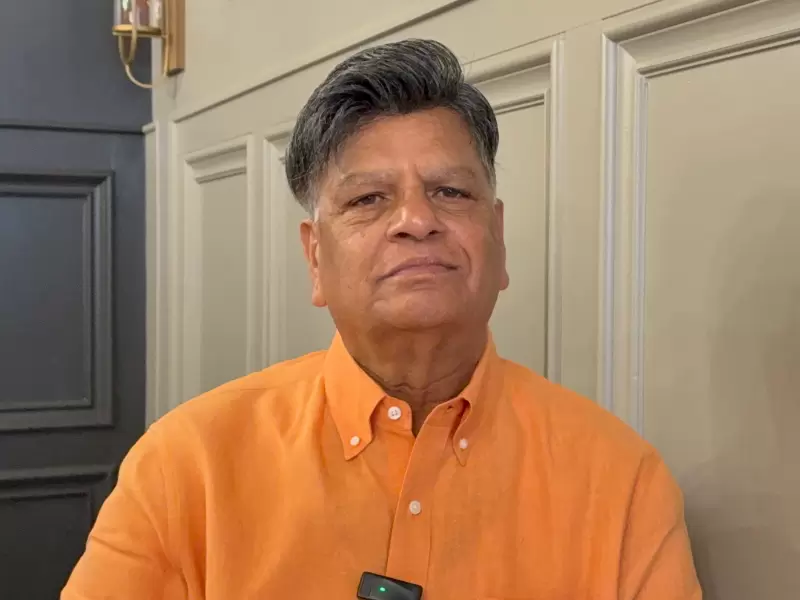
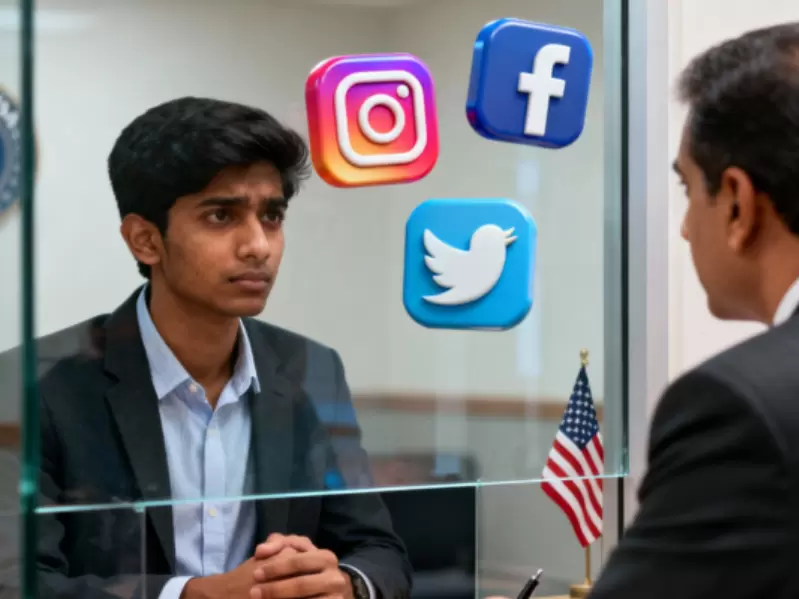

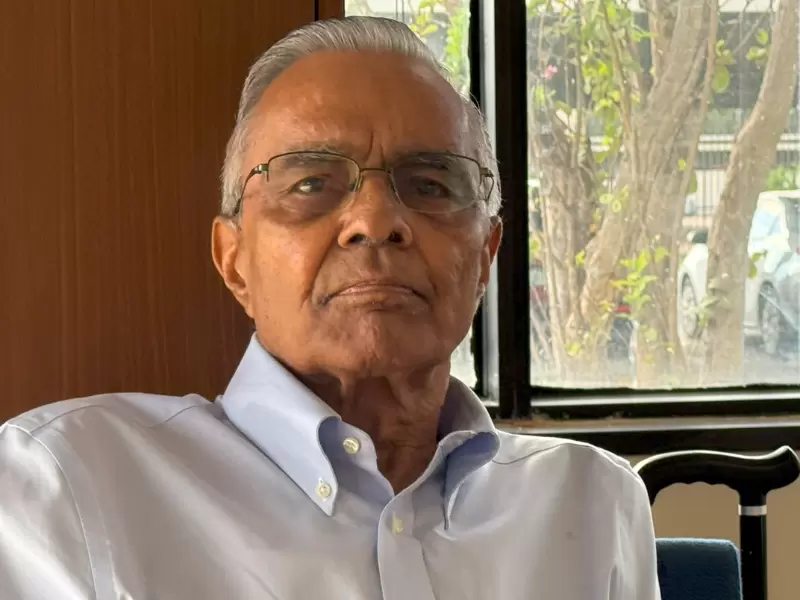
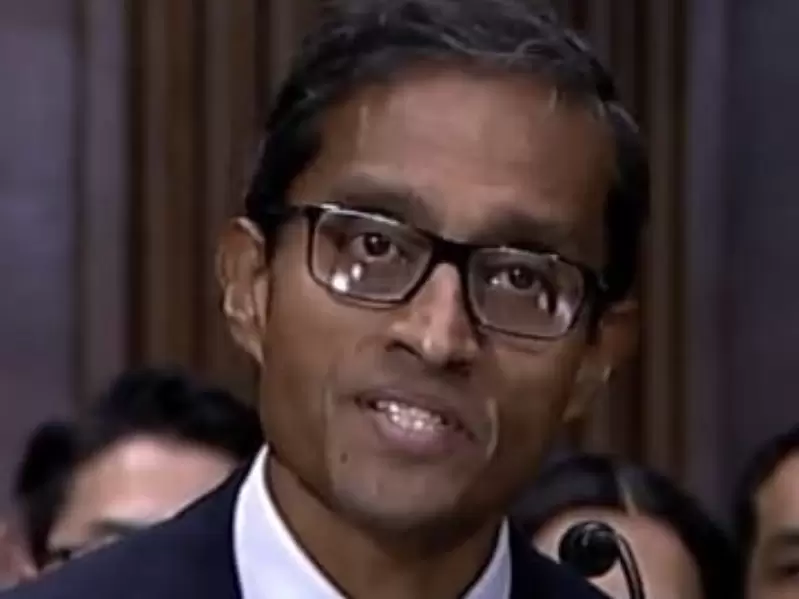
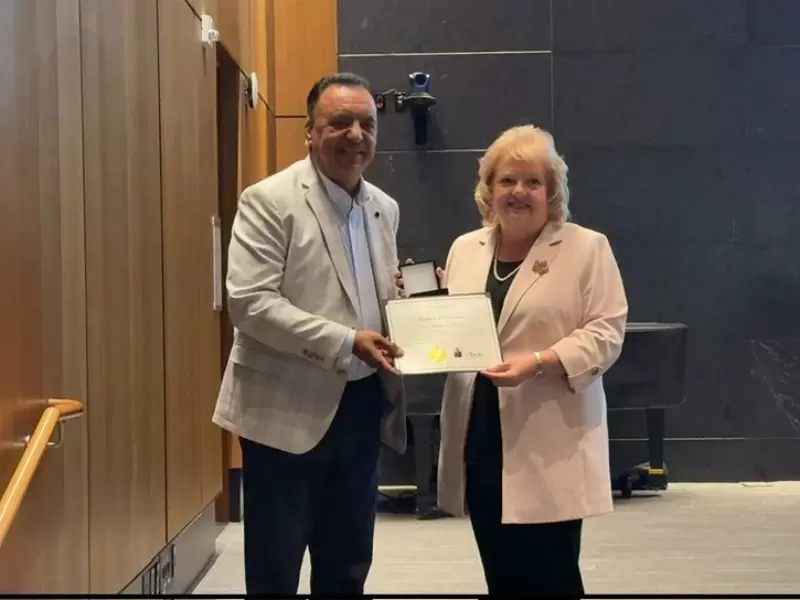
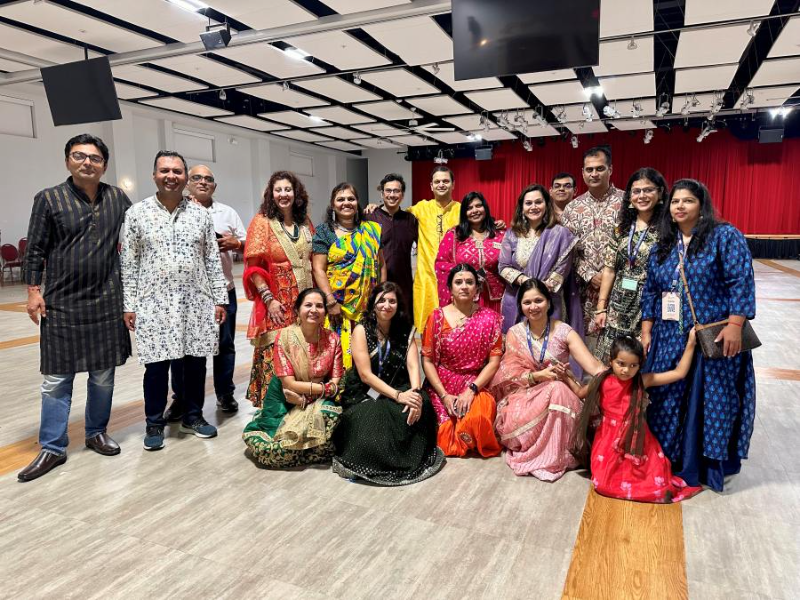



Comments
Start the conversation
Become a member of New India Abroad to start commenting.
Sign Up Now
Already have an account? Login